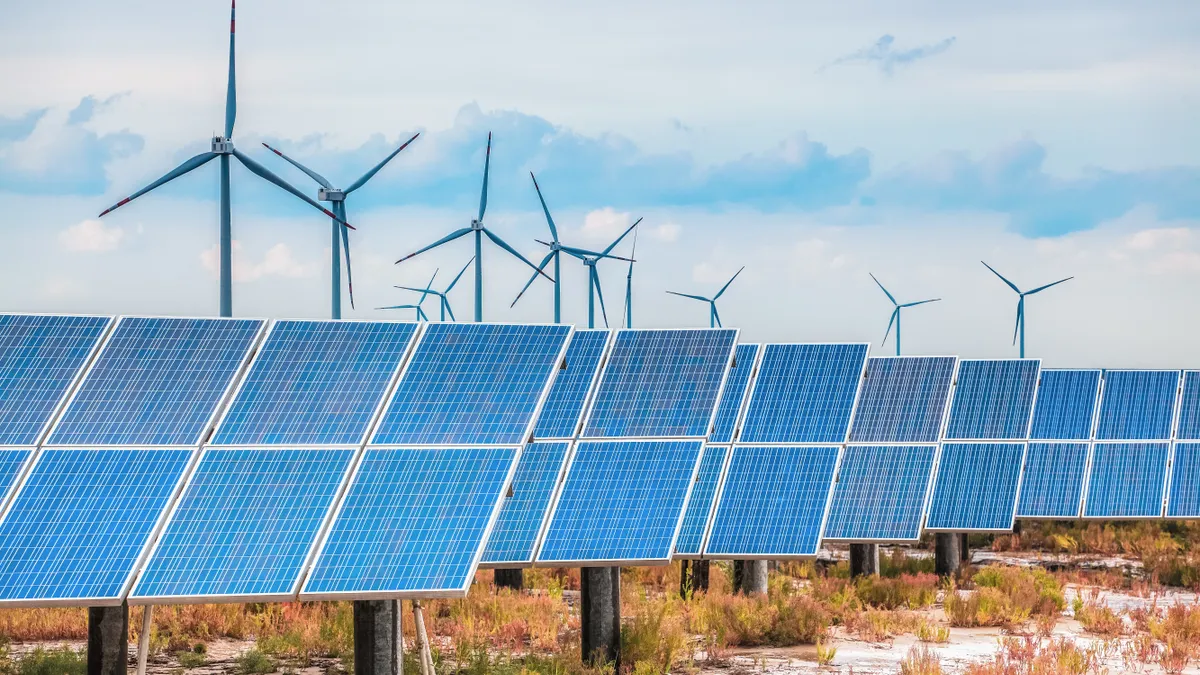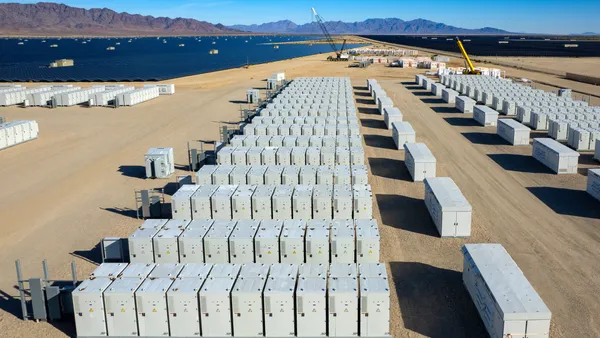Dive Brief:
- Eversource Energy has filed a $400 million grid modernization plan with state regulators, proposing significant investment in energy storage, electric vehicle infrastructure as well as an extensive grid management and resource integration system.
- According to the utility, the new rates will go towards a $60 million revenue gap for the company's Eastern Massachusetts service area, adding about 7%, or $8.45, to the average monthly bill. The proposed rate increase is based on a test year ending June 30, 2016, and the new rates could go into effect in January 2018.
- Eversource's $100 million storage proposal comes as the state's Department of Energy Resources is planning to propose an energy storage target for electric companies, with targets effective 2020.
Dive Insight:
Eversource distribution rates have been stable for a decade, but with a state energy storage mandate looming and a need to push advanced infrastructure out onto the grid, customers could soon see higher bills.
The number and duration of outages has declined as it has rolled out grid improvements, according to Craig Hallstrom, president of Massachusetts electric operations at Eversource. Now the utility wants to embrace the next generation of grid hardening. "We’re proposing to increase that commitment and utilize the latest engineering advances," he said, "including electric vehicle infrastructure and energy storage systems."
Hallstrom also said the utility's plan "includes the tools to help make the integration of solar safer and more streamlined.”
Roughly $145 million of the modernization plan will go to storage and EV charging, and $254 million will be spent on distribution automation. The plan follows a September report from DOER, recommending the state install 600 MW of energy storage. The agency intends to adopt specific energy storage targets this summer. Part of the plan also includes implementing a performance-based ratemaking mechanism that would adjust rates annually in step with a revenue-cap formula approved by regulators.
The utility investments are needed to address "some of the critical gaps in EV charging infrastructure, such as multi-unit dwellings, workplace charging, DC fast charging along major highways, and solutions for disadvantaged communities," Daniel Gatti, policy analyst for the Union of Concerned Scientists, said in the utility's press release.















